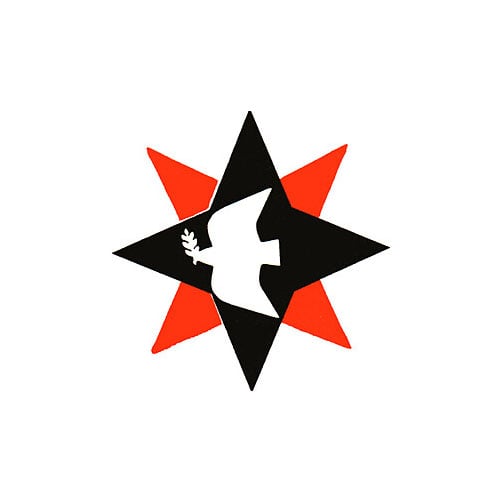Friends Service Council
Speed read
The Friends Service Council was awarded the Nobel Peace Prize, jointly with the American Friends Service Committee, for their pioneering work in the international peace movement and compassionate effort to relieve human suffering.

Full name: Friends Service Council
Founded: 1647, London, United Kingdom
Date awarded: 30 October 1947
“Children of the Light”
The Friends Service Council, a British/Irish organisation, was founded in 1927 by the Christian sect known as the Religions Society of Friends (Quakers) in order to perform humanitarian relief work. The organisation’s activity was built on longstanding tradition: In keeping with their belief that God’s goodness was manifested through good deeds, the Quakers were devoted to helping the sick and indigent. They saw social injustice and intolerance as factors that could beget war, and thus led the fight against slavery and for social reform and women’s rights. The Quakers opposed the use of weapons and helped to found the first peace organisations in the early 1800s. During both world wars, they took part in humanitarian relief efforts for military and civilian victims of war. They also took the lead in assisting Jewish people persecuted by the Nazis.
"(...) all men belong to the family of God. This conviction necessarily leads us to believe that all war is wrong."
Margaret A. Backhouse, Nobel Lecture, 12 December 1947.
Actively seeking policies of non-violence
Ever since George Fox founded the first parish in 1647, Quakers have been opposed war, military service and the call to bear arms. Their anti-militarist stance often led to persecution and imprisonment, compelling many Quakers to immigrate to America. In the 1800s British and Irish Quakers were a driving force behind the European peace movement. They opposed defensive as well as aggressive wars, speaking out in favour of arbitration, disarmament and an international court. Some Quakers were also supporters of a European parliament and tried to mediate between warring nations.
"They are the world’s most steadfast and most intrepid idealists."
Norwegian newspaper Kongsberg Dagblad, 4 November 1947.
Quakers in Norway
The first Quaker parish in Norway was founded in Stavanger after the Napoleonic Wars. The founders were returning prisoners of war who had converted while being held in British prisons. Religious intolerance in Norway forced many Quakers to immigrate to the USA in the 1820s. Up until WWII, they played a major role in the Norwegian Peace Association, which subscribed to their programme of non-violence. At the end of WWII, Quakers from the UK and the USA assisted in the reconstruction of the devastated Finnmark region of northern Norway. This included distributing food and clothing donated by fellow believers in Sweden and Denmark.
Learn more
Read the history of the Friends Service Council.
Disclaimer: Every effort has been made by the publisher to credit organisations and individuals with regard to the supply of photographs. Please notify the publishers regarding corrections.
Nobel Prizes and laureates
Six prizes were awarded for achievements that have conferred the greatest benefit to humankind. The 12 laureates' work and discoveries range from proteins' structures and machine learning to fighting for a world free of nuclear weapons.
See them all presented here.
